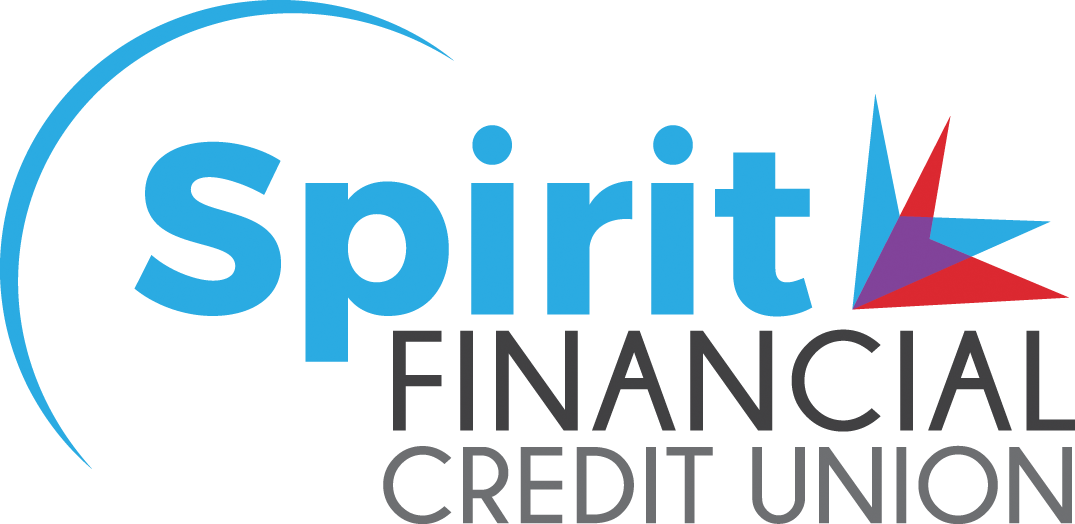How Do Home Equity Loans Work?
A home equity loan is a type of second mortgage that allows you to tap into the equity in your home for extra cash. You borrow against the equity you’ve built, which is the difference between your home’s value and your mortgage and any other home loan balances. Home equity loans can be used for just about anything, from big home renovations to college expenses, large purchases, or medical bills. A home equity loan is paid out in one lump sum using your home as collateral. It can be a good option for your cash needs if you have substantial equity in your home.
Home Equity Loan Benefits
Because a home equity loan is secured, it typically has a much lower interest rate than a personal loan or credit card. The fixed interest rate also enables you to repay the loan in equal monthly payments spread out over the term of the loan. The set payments are a big benefit of this type of loan. The lack of payment fluctuation helps with budgeting and the lower interest rate makes it an ideal option for paying down higher-interest debt. In that home equity loans are disbursed in one lump sum, they are best suited for larger, one-time expenses. Because you are drawing on your home’s equity, projects that increase the value, such as a significant home improvement, are also a great use for a home equity loan.
Comparing Home Equity Loans
One of the drawbacks of a home equity loan can be the high fees that go with it. They can actually amount to 2% to 5% of the total loan amount. When shopping around for a low rate, be sure to compare the fees as well. High fees can quickly outweigh a low rate. Your local credit union can offer very competitive rates on home equity loans. Spirit Financial Credit Union is currently offering qualified borrowers rates as low as 4.65% APR** on first-lien home equity loans. Best of all, there are NO closing costs. When comparing lenders, you will also want to confirm the percentage of equity you are able to borrow. That may vary from lender to lender and may also impact the interest rate. Most lenders allow you to borrow up to 80% of your home’s equity, while others, such as Spirit Financial Credit Union, enable you to borrow a higher percentage. Lenders will be looking for information to determine your risk as well. Although a home equity loan is a secured loan, you will still need to have sufficient equity in your home, as well as a steady income and good credit.
Leveraging your home’s equity to pay large expenses can be a cost-effective way to accomplish your goals. It may also be a solution when faced with the need for a large sum of cash in an emergency situation. A home equity loan can be a much better option than a higher-interest loan or credit card for paying large expenses. Because you are using your home as collateral, you may also be eligible for a larger sum than you would on a personal loan. A home equity loan is a good option if you know the exact amount you need to borrow, and would like a fixed interest rate with a fixed monthly payment. While tapping into your home’s equity can be a convenient, low-cost way to borrow, be aware that there is always risk involved with a home equity loan. It’s important to be a responsible borrower and make all of your loan payments on time. If you are in need of a large sum of money and your home is worth more than you owe on your mortgage, you may be eligible for a home equity loan. Click to see rates or learn more about Spirit Financial’s home equity loans.
**APR= Annual Percentage Rate. Rates are for qualified borrowers and are based on the credit worthiness of the individual and loan being in first lien position. Actual rates may be different than the rates shown. For LTVs over 80%, 1.25% will be added to the rate.



